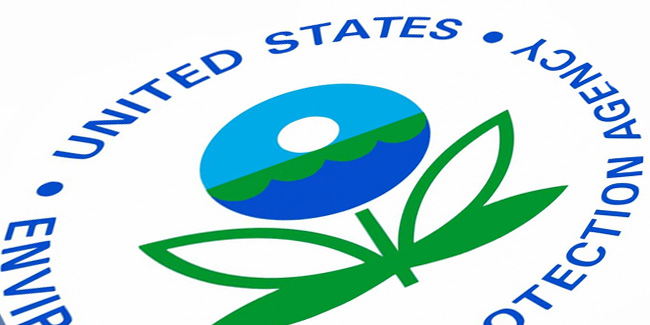Environmental Protections Under Attack: Time for Bold Action

The natural environment in the United States is under attack as never before. In just a few short months, the Trump Administration--through appointments, executive orders, legislative initiatives, and budget allocations--has launched an all-out attack on standing policies, regulations, and existing designations for environmental protection and natural resource conservation that have been established and evolved since the beginning of the 20th century. This sudden and relentless onslaught may set back the progress of the environmental movement for decades through political shock, indifference to science, and the dilution of laws and constitutional protections on which such things as the creation of the Department of Environmental Protection, the Clean Air Act, the Clean Water Act, and the Endangered Species Act were originally based and have been defended.
These institutions may not survive the ideological opposition of the new administration. Corporations will be relieved from their regulatory obligations, from prohibitions against oil exploration and hydraulic fracturing, from pollution of lakes, streams, and harbors, from releasing harmful emissions into the atmosphere. The tools of science, such as satellites and observational research, will be abandoned lest they provide additional evidence of the critical changes in our environment caused by these activities to the exhaustion of our natural resources and the detriment of our public health. Even our adherence to international agreements and treaties will be compromised, isolating us further in the community of nations. Indifference to the social consequence of these retro-policies and decisions is fundamental in its willful ignorance and the inevitable destruction to follow.
The many environmental groups, communities and citizens that have taken steps to control this devastation, are rendered almost speechless by a sudden, tyrannical, arbitrary shift by government away from historical protections. They are angered and determined to triple-down on their efforts to oppose these changes; to fight them through political action and the courts; and to organize at the local, state, and national levels to prevent this senseless behavior that so goes against their purposes and commitments. If anything, these events have increased their determination, fund-raising, and participation by old and new supporters who are infuriated and driven to resist.

Listening to their meetings and attending their protests I find myself awed by their commitment but disturbed by their adherence to the tactics and language on which their past achievements have been based -- successes, unfortunately, that have not been strong enough to counter opposition through effective education, persuasion, and political representation. What is most upsetting is that, as a result, in state legislatures and the US Congress, they may not have the votes necessary to counter the new enhanced, anti-environment crusade.
What has gone wrong? Why has the true value of clean air and water, of sustainable exploitation of natural resources, of alternative forms of energy, of the protection of our communities and our individual and family health from persistent poisons, not been fully understood and embraced by the larger public that will certainly suffer the consequence? What have environmentalists failed to do to promote their accomplishments and enlist legions to their cause? Why is the protection of land and sea – all that Nature provides for our wellbeing – not celebrated as the fundamental principle on which to build our future?
Since the 1970’s, we have adopted the strategy of many organizations aligned with many issues, a kind of practical, but narrow approach to confronting specific problems with specific solutions. When you look at what has been accomplished, you see a broad spectrum of such endeavors, fighting for individual victories through research, expert testimony, targeted lawsuits, and ardent local or issue-focused campaigns. At a recent meeting of such organizations devoted to ocean matters, I heard all these single-minded voices, but not one advocating for a new collective strategy that might have, and still might, save the day.

Personally, I feel that the electorate has misunderstood environmental protection in a similarly fragmented way – mostly connected to a local stimulus – a poisoned river, an occupational sickness, a threatened animal, or the destruction of a cherished place – that has enlisted them to oppose. Their reaction is driven by immediate, personal feeling, not by a larger understanding of the relation of their problem to the integrated natural system of which the local impact is just a part, not by the realization that their challenge can only be met ultimately by confrontation on a larger scale, by fixing the basic cause as the best way to deny the offending effect.
To do that requires a fully understood and shared value proposition and vocabulary by which to articulate the issues in the broader context of community and social benefit. It necessitates a unifying idea that links these individual concerns and their solutions to the protection and support of family and community to equity and social justice based on a fundamental understanding on how Nature and her resources, sustained, will sustain us too, and thus must be protected and preserved for the benefit of all humankind. If the environment does not survive, neither will we, nor our children.
- Login to post comments
-


